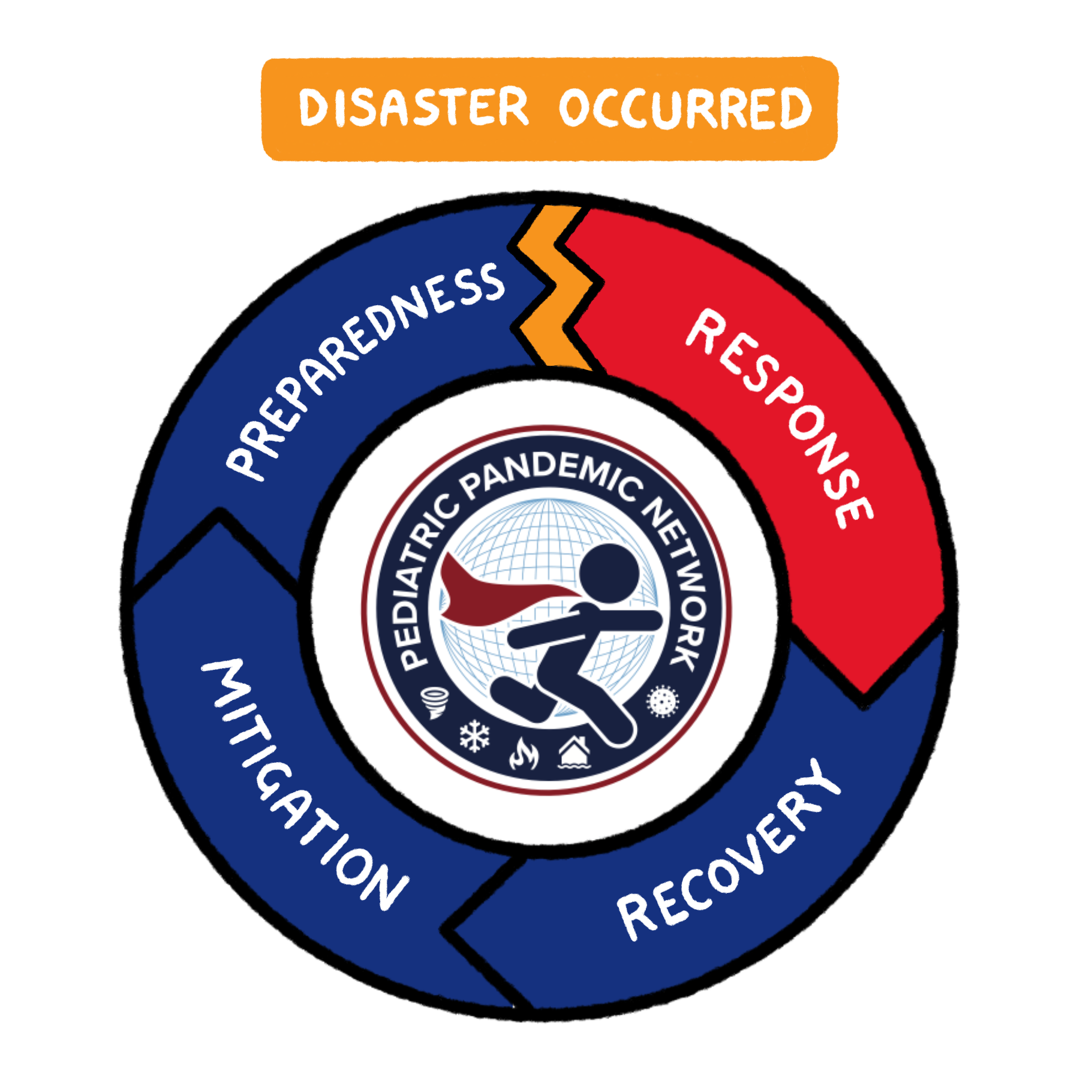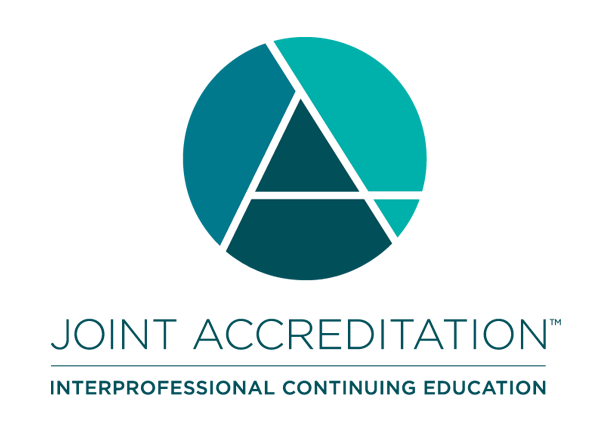Pediatric Behavioral Health in Disasters: Response
 Patients, families, and medical providers may experience traumatic stress associated with experiencing a catastrophic event whether directly or indirectly. This can affect emotional functioning, interactions with others, completion of tasks related to daily living, as well as how one responds to and heals from medical intervention. Following a traumatic event, individuals might experience a range of intense reactions, all designed for survival and to boost one’s sense of safety. It is important to clarify that these reactions are normal. During times of crisis, a person’s decision-making skills may be stunted. Understanding common reactions that one may experience can reduce the shame or discomfort which often accompany these trauma reactions. Behavioral health clinicians are equipped to reduce anxiety and promote adaptive functioning by helping people identify and understand their current state, consider what comes next, and assist with creating both a response and treatment plan tailored to the unique needs of the individual. Response strategies and interventions are key components of a trauma-informed system of care.
Patients, families, and medical providers may experience traumatic stress associated with experiencing a catastrophic event whether directly or indirectly. This can affect emotional functioning, interactions with others, completion of tasks related to daily living, as well as how one responds to and heals from medical intervention. Following a traumatic event, individuals might experience a range of intense reactions, all designed for survival and to boost one’s sense of safety. It is important to clarify that these reactions are normal. During times of crisis, a person’s decision-making skills may be stunted. Understanding common reactions that one may experience can reduce the shame or discomfort which often accompany these trauma reactions. Behavioral health clinicians are equipped to reduce anxiety and promote adaptive functioning by helping people identify and understand their current state, consider what comes next, and assist with creating both a response and treatment plan tailored to the unique needs of the individual. Response strategies and interventions are key components of a trauma-informed system of care.
Working with Families
We know that when scary and unpredictable things occur, children look to their parents and other adults to determine whether their world is safe as well as for guidance on what to do next. Guidance from healthcare team members can provide specific ways for parents and caregivers to support their children. Additionally, when a parent is doing well, their child will benefit. One of the best things clinicians can do to support children during a crisis is to support their parents. Providing suggestions of clear steps that can be taken to move forward in a healthy manner can boost a sense of safety and confidence, which supports a return to baseline functioning or to the patient’s new normal.
Actionable Steps
Behavioral health clinicians can share easy to access resources to support parents and caregivers offered through the National Child Traumatic Stress Network (NCTSN) such as Talking to Children, Creating Supportive Environments when scary things happen, and the Help Kids Cope mobile app, which can support parents when talking to their children about disasters.
Behavioral health clinicians need to be prepared for a continuum of trauma reactions. Clinicians’ responses will likely range from providing brief intervention such as in the case of Skills for Psychology Recovery (SPR) in an outpatient setting to participating in behavioral health emergency response teams operating within the Emergency Department setting. Consider how you can best support response efforts for the patients, families, and the systems within which you work.
Target Audience
- Nurses
- Nurse Practitioners
- Physicians
- Physician Assistants
- Psychologists
- Social Workers
Learning Objectives
- Identify and apply the six principles of trauma informed care at the bedside in response to community violence.
- Identify opportunities to educate and support parental competence in supporting their child’s recovery process.
- Explain how Skills for Psychological Recovery can be used in the weeks and months post-disaster.
Joint Accreditation Statement
In support of improving patient care, this activity has been planned and implemented by Children’s National Hospital. Children’s National Hospital is jointly accredited by the Accreditation Council for Continuing Medical Education (ACCME), the Accreditation Council for Pharmacy Education (ACPE), and the American Nurses Credentialing Center (ANCC), to provide continuing education for the healthcare team. Children’s National Hospital Accreditation Provider# 4008362


Available Credit
- 1.00 ACPE PharmacistChildren’s National Hospital is accredited by the Accreditation Council for Pharmacy Education (ACPE) as a provider of continuing pharmacy education. This program meets ACPE criteria for 1.00 contact hours.
- 1.00 AMA PRA Category 1 Credit™Children's National Hospital designates this Enduring activity for a maximum of 1.00 AMA PRA Category 1 Credit™. Physicians should claim only the credit commensurate with the extent of their participation in the activity.
- 1.00 ANCCChildren's National Hospital will provide 1.00 Nursing Contact Hours for this Enduring activity.
- 1.00 APAContinuing Education (CE) credits for psychologists are provided through the co-sponsorship of the American Psychological Association (APA) Office of Continuing Education in Psychology (CEP). The APA CEP Office maintains responsibility for the content of the programs. All confirmed participants will earn 1.00 CE credits upon successful completion of the learning event and evaluation.
- 1.00 ASWBAs a Jointly Accredited Organization, Children’s National Hospital is approved to offer social work continuing education by the Association of Social Work Boards (ASWB) Approved Continuing Education (ACE) program. Organizations, not individual courses, are approved under this program. Regulatory boards are the final authority on courses accepted for continuing education credit. Social workers completing this course receive 1.00 continuing education credits.
- 1.00 General
- 1.00 ParticipationSuccessful completion of this continuing education activity.

 Facebook
Facebook X
X LinkedIn
LinkedIn Forward
Forward